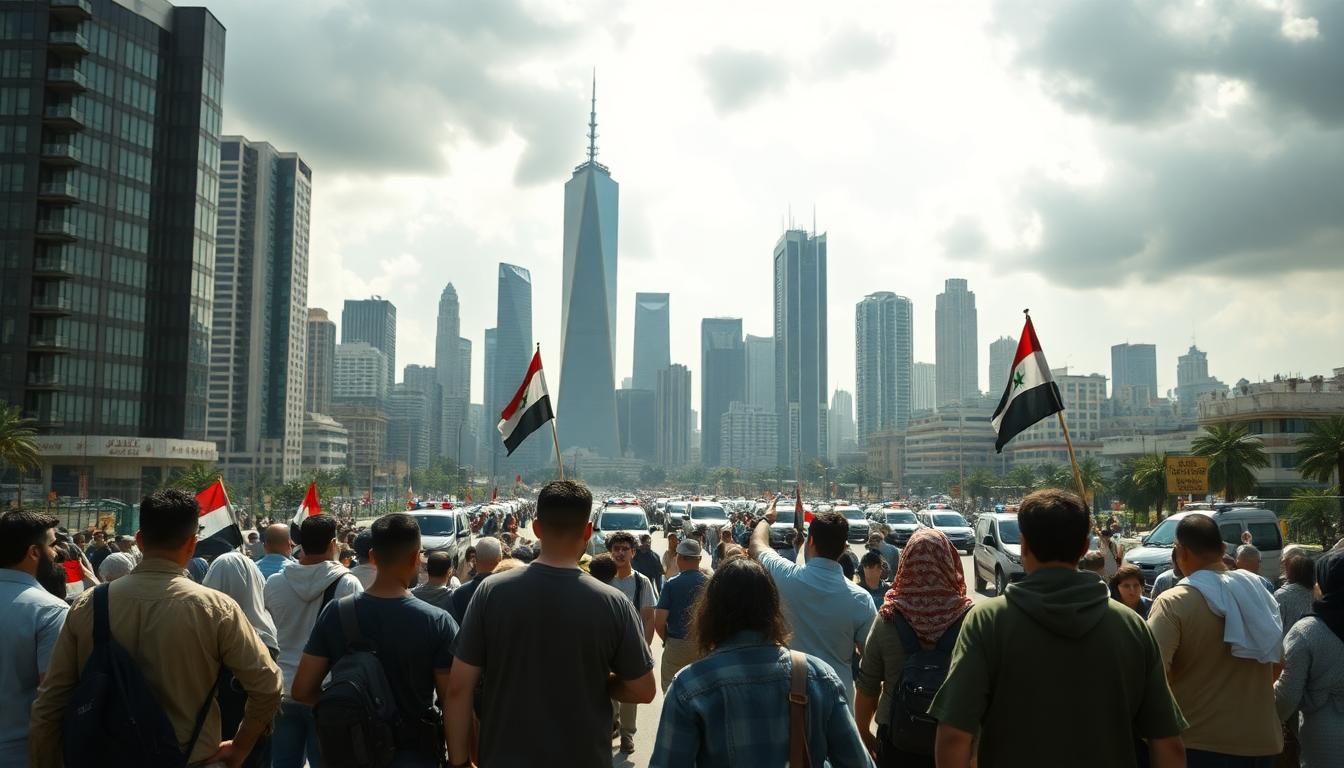Table of Contents
The ongoing conflict in the Middle East has captured global attention, and it’s easy to see why. With so many factors influencing its dynamics, understanding the situation can feel overwhelming. Recent events—ranging from protests to military actions and international responses—have added layers of complexity to an already intricate issue. So, what do these developments mean for the region and the world at large? Let’s break it down.
Recent Events and Their Implications
In the past few weeks, protests have erupted in various locations, particularly on Greek islands, where demonstrators have clashed with police over actions taken by the Israeli government. These protests reflect a growing discontent with Israel’s military operations and the escalating humanitarian crisis in Gaza. The reports are heart-wrenching: many civilians, including mothers and their newborns, have faced devastating consequences due to these ongoing tensions. How can we ignore the human cost of this conflict?
International responses have also been varied. Take the UK, for example. They’ve hinted at the possibility of recognizing Palestine if Israel continues to refuse a ceasefire. This shift in diplomatic stance is significant; it underscores the increasing global scrutiny of Israel’s actions and the urgent calls for a resolution to this conflict. What might this mean for future relations in the region?
The Humanitarian Crisis in Gaza
The situation in Gaza is dire. Families are struggling to secure basic necessities like food and medical care, and video reports have painted a stark picture of life under siege. Humanitarian organizations are sounding the alarm, calling for increased assistance and intervention to alleviate the suffering of those caught in the crossfire. Can you imagine living in such uncertainty every day?
Additionally, the media’s portrayal of events—especially controversial remarks made by public figures—has sparked outrage and led to further protests. Such statements often exacerbate tensions, contributing to a polarized perception of the situation and complicating efforts to foster dialogue and understanding. How do we bridge the gap in understanding when voices are so divided?
The Role of International Diplomacy
International diplomacy plays a crucial role in seeking a pathway to peace in the region. The involvement of various nations and organizations highlights the complexity of the situation, as multiple stakeholders work to influence outcomes. The recent declaration by the UK is a prime example of how geopolitical considerations can shift in response to humanitarian concerns and public outcry. What role will other nations play in the coming months?
Looking ahead, the engagement of international actors will be vital in mediating discussions between Israel and Palestine. The potential for a ceasefire and renewed peace talks depends heavily on both sides’ willingness to engage in constructive dialogue, supported by the international community. Are we ready to see a shift towards peace?
Future Predictions and Outlook
As the situation continues to evolve, the prospect of lasting peace remains uncertain. Analysts suggest that the conflict may escalate further if diplomatic efforts don’t yield results. It’s critical for the international community to stay vigilant and proactive in addressing the underlying issues fueling this conflict, like territorial disputes and historical grievances. What can we do to help advocate for change?
In conclusion, the complexities of the Middle Eastern conflict require ongoing analysis and understanding. Recent events remind us of the urgent need for a resolution that prioritizes humanitarian concerns and fosters sustainable peace for all parties involved. Are we ready to pay attention and push for the change that is so desperately needed?


